Dermatitis is a common skin condition that affects millions of people worldwide. It is characterized by inflammation of the skin, which can cause redness, itching, and discomfort. This article aims to provide an overview of dermatitis, including its types, causes, and treatment options.
Understanding Dermatitis
What is Dermatitis?
Dermatitis, also known as eczema, is a skin condition that leads to inflammation of the skin. It can occur in people of all ages and is often accompanied by itching, redness, and a rash. Dermatitis can be chronic or acute and may vary in severity.
Types of Dermatitis
There are several types of dermatitis, including:
- Atopic dermatitis: This is a chronic form of dermatitis that usually starts in childhood and may persist into adulthood. It is often associated with other allergic conditions, such as asthma or hay fever.
- Contact dermatitis: This type of dermatitis occurs when the skin comes into contact with an irritant or an allergen. It can be further categorized into allergic contact dermatitis and irritant contact dermatitis.
- Seborrheic dermatitis: Seborrheic dermatitis primarily affects the scalp and causes redness, scaling, and dandruff. It can also affect other areas of the body, such as the face, chest, and back.
- Nummular dermatitis: Nummular dermatitis appears as coin-shaped patches of irritated skin. It is often triggered by dry skin, winter weather, or skin injuries.
Causes of Dermatitis
Allergic Dermatitis
Allergic dermatitis occurs when the immune system reacts to an allergen, triggering an inflammatory response in the skin. Common allergens include certain foods, pollen, pet dander, or certain substances in cosmetics or cleaning products.
Irritant Dermatitis
Irritant dermatitis is caused by direct contact with irritants, such as harsh chemicals, detergents, or solvents. Prolonged exposure to these irritants can damage the skin’s protective barrier and lead to inflammation.
Symptoms of Dermatitis
The symptoms of dermatitis can vary depending on the type and severity of the condition. Common symptoms include:
- Redness and inflammation of the skin
- Itching and discomfort
- Dry, scaly, or flaky skin
- Blisters or oozing of fluids
- Thickened or leathery skin in chronic cases
Diagnosis of Dermatitis
To diagnose dermatitis, a healthcare professional will typically examine the affected skin and inquire about the patient’s medical history. In some cases, patch testing or blood tests may be recommended to identify specific allergens.
Treatment Options for Dermatitis
There are various treatment options available for managing dermatitis, including:
Topical Treatments
Topical treatments, such as corticosteroid creams or ointments, can help reduce inflammation and relieve itching. Moisturizers and emollients are also beneficial in keeping the skin hydrated and preventing dryness.
Oral Medications
In severe cases of dermatitis, oral medications, such as antihistamines or immunosuppressants, may be prescribed to control symptoms and reduce inflammation.
Lifestyle Changes
Making certain lifestyle changes can also help manage dermatitis effectively. This may include avoiding known triggers, using gentle skincare products, keeping the skin clean and moisturized, and wearing breathable fabrics.
Prevention and Management of Dermatitis
Preventing and managing dermatitis involves adopting certain strategies:
- Identifying and avoiding triggers that worsen symptoms
- Practicing good skincare habits, including gentle cleansing and moisturizing
- Protecting the skin from irritants and allergens by using gloves or protective clothing
- Managing stress levels, as stress can exacerbate symptoms
- Seeking professional medical advice for proper diagnosis and treatment
Conclusion
Dermatitis is a common skin condition that can significantly impact a person’s quality of life. Understanding the different types, causes, and treatment options is crucial for effective management. By following appropriate preventive measures and seeking medical guidance, individuals can alleviate symptoms and improve their overall skin health.

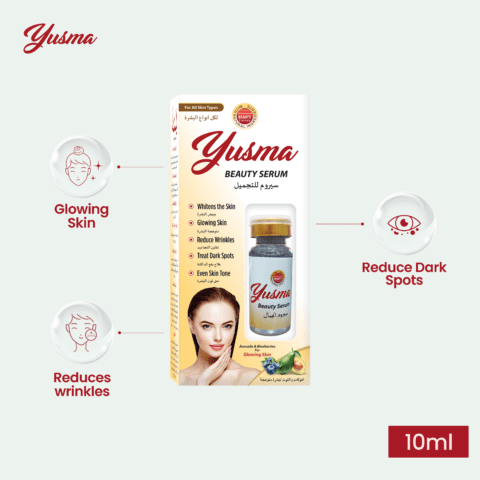
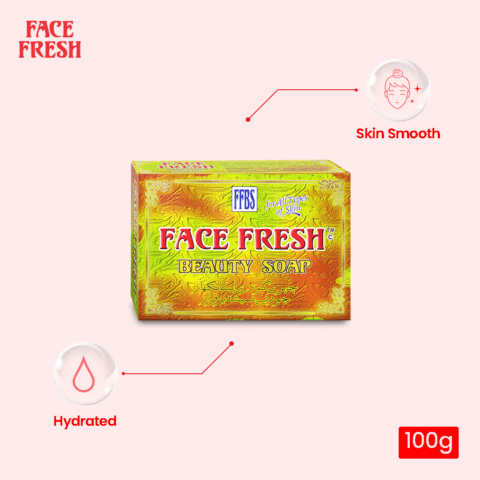
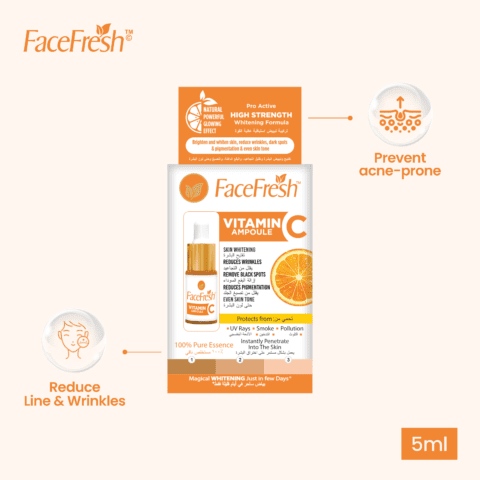
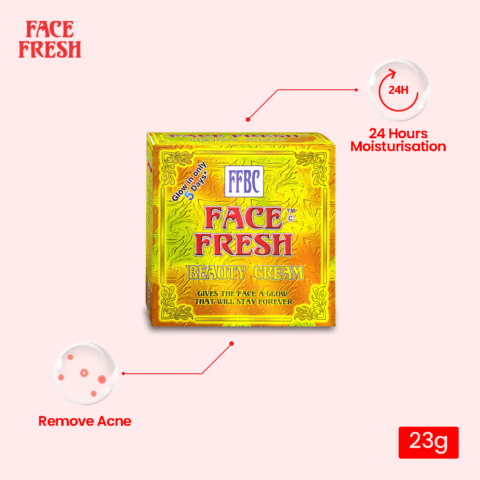
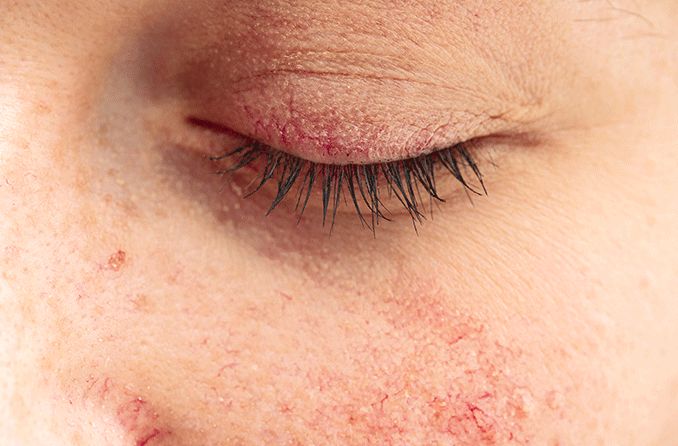
Leave a comment
Your email address will not be published. Required fields are marked *